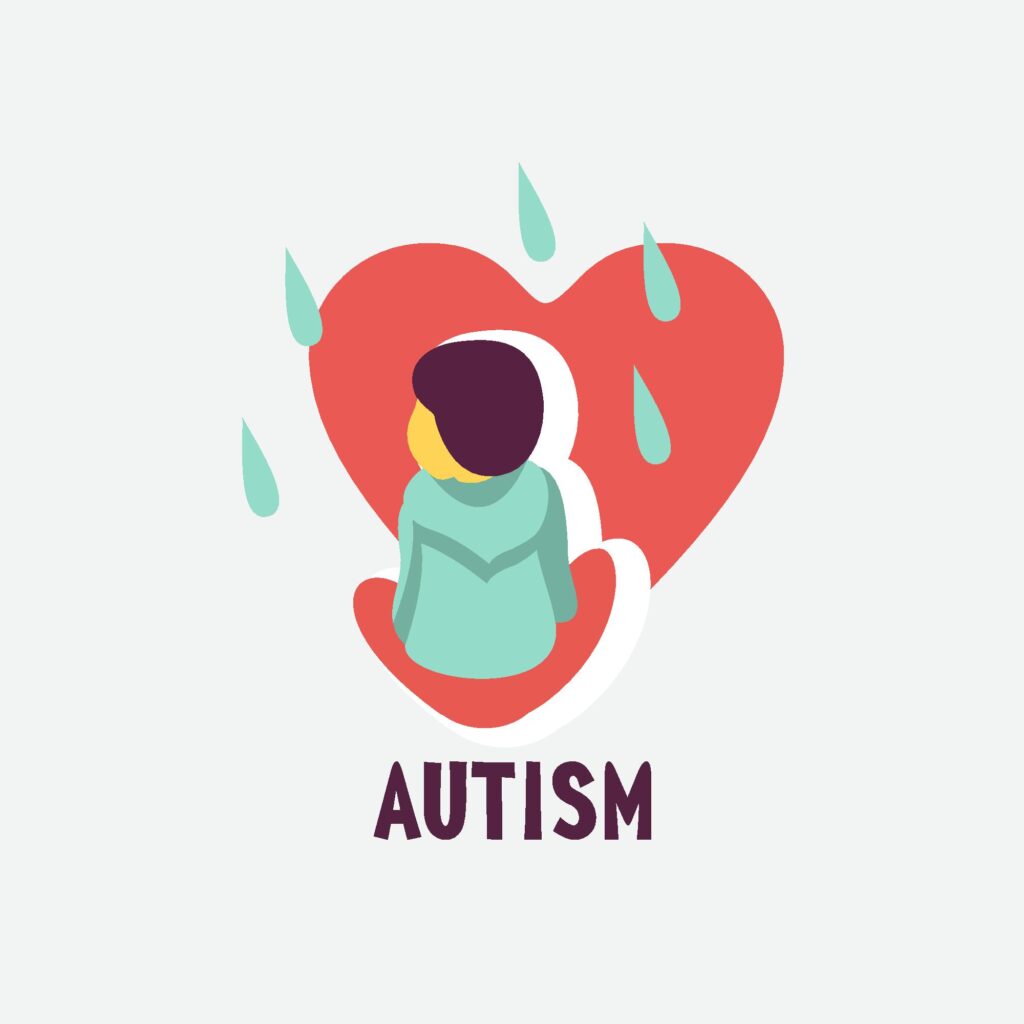If your child is diagnosed with Autism Spectrum Disorder (ASD) or has experienced behavioral difficulties in school, you have probably heard of Applied Behavioral Analysis (ABA) therapy.
ABA therapy is revolutionizing the way children with ASD live, learn, and grow.
To help you get a better understanding of ABA therapy, we created this helpful ABA therapy guide with some of the most common questions parents ask about ABA therapy.
What is ABA Therapy?

ABA therapy is a treatment method that utilizes the understanding of how behavior develops and is influenced.
ABA therapy can be used to help your child improve social, communication, and learning skills.
An ABA therapist will work with you and your child to:
- Identify which of your child’s behaviors needs modification.
- Determine your child’s behavioral baseline.
- Create goals and outcomes that are specific to your child’s needs.
- Measure your child’s improvements.
- Support your child in learning new skills and/or how to avoid problem behaviors.
- Review your child’s progress.
So now that you know what ABA therapy is, how effective is it in helping children with Autism?
Is ABA Therapy Effective for Autism?

ABA therapy is considered the gold standard for helping Autistic children.
Studies have been conducted over the past 40 years showing the success that ABA therapy has in reducing problem behaviors and increasing valuable skills for autistic children.
Here are links to four such studies:
- Functional communication training with and without alternative reinforcement and punishment
- Use of a short-term inpatient model to evaluate aberrant behavior
- Caregiver and staff-conducted functional analysis outcomes
- Functional communication training with and without alternative reinforcement and punishment
Additionally, the effectiveness of ABA therapy can be measured by the rapid growth of the industry. An industry in the autistic space will only grow if parents are finding that it is effective in helping their children with ASD.
How Does ABA Therapy Work?

Aba therapists use a lot of different techniques when working with your child such as:
- Positive Reinforcement
- Discrete Trial Training
- Scripting
- Extinction
- Antecedent-based Interventions
- Modeling
The program starts with a qualified and trained behavior analyst (BCBA) doing a detailed assessment of your child’s skills and preferences.
Treatment goals are written based on the age and ability level of the child with ASD. Goals can include many different skill areas, such as:
- Communication
- Motor skills
- Learning skills
- Social skills
- Self-care (such as showering and toileting)
- Play and leisure
Your child’s therapist will measure progress by collecting data in each therapy session. This is crucial in helping them to monitor your child’s progress.
What Does an ABA Session Look Like?
Due to the individuality of ABA therapy it is hard to tell you what your child’s session will look like.
Your child’s ABA session will be guided by his/her specific needs.
If you want a better understanding of the techniques that ABA therapists use, please check out our ABA therapy techniques series.
A good therapist will make sure to communicate with you and keep you updated on your child’s progress.
So how do you find a good therapist?
What to Look for in an ABA Therapist:

Before hiring an ABA therapist you should understand a little more about their qualifications.
A licensed ABA therapist is a clinical therapist with additional experience and training in applied behavioral analysis.
ABA therapists can be identified with the initials BCBA (Board Certified Behavior Analyst) following their name. This shows that they have a master’s degree, ABA training, and are board certified
Therapists with a doctorate degree will be identified by the initials BCBA-D.
You will also find board certified members of your ABA team that don’t hold advanced degrees. A Board Certified Assistant Behavior Analyst (BCaBA) is a board certified analyst with a bachelor’s degree and additional training.
These analysts work as supportive members of an ABA team. There may also be members of your ABA team that do not hold college degrees. A BACB certified technician must hold a minimum of a high school diploma and have taken an additional 40 + hours of specialized training.
These technicians can only work under the direct supervision of an BCBA or a BCaBA.
Of course this is just the qualifications for an ABA therapist. You also want to make sure that the provider you work with has great reviews and years of experience. To find a great ABA therapist near you click here.
Qualifying for ABA Therapy
Qualifying for ABA therapy will be dependent on your insurance coverage.
For private insurance:
To find out if your health insurance covers ABA therapy services, you will want to contact your provider.
You may be required to have a doctor prescribe the therapy in order to qualify. In such a case, speak to your child’s pediatrician as they will be able to write a recommendation.
For Medicaid:
Currently, all 50 states have insurance mandates that require some level of coverage for the treatment of autism.
This means that so long as your child’s doctor prescribes ABA therapy for your child, Medicaid is required to cover the costs of this treatment.
Out of Pocket:
While you can always pay for ABA services out of pocket it is not recommended. The time that a therapist needs to spend with your child can become very expensive if not covered by insurance.
How Long Should ABA Therapy Last?

This question is another one that does not have an easy answer. The length of time that your child will need to spend in ABA therapy will depend on:
- The severity of your child’s autism
- Family Support
- Insurance Coverage
- The behavior/skill you are seeking to change/learn
On this list, the factor that you can have the most influence over is family support. A family that makes a concerted effort to reinforce the lessons that the therapist teaches will see better growth in the therapy goals.
Questions To Ask Your ABA Provider
Now that you understand what ABA therapy is, it is important that you ask the right questions when choosing a provider. Here are some questions that you should ask to make sure you are using a reputable ABA provider:
- Are your analysts board certified?
- What kind of training does your staff go through before working with my child?
- Is your staff required to attend ongoing training and workshops?
- How much parent participation do you encourage/allow?
- Can I participate in sessions with my child?
- How will you monitor my child’s progress?
- Will you help implement strategies outside of therapy to support my child’s progress?